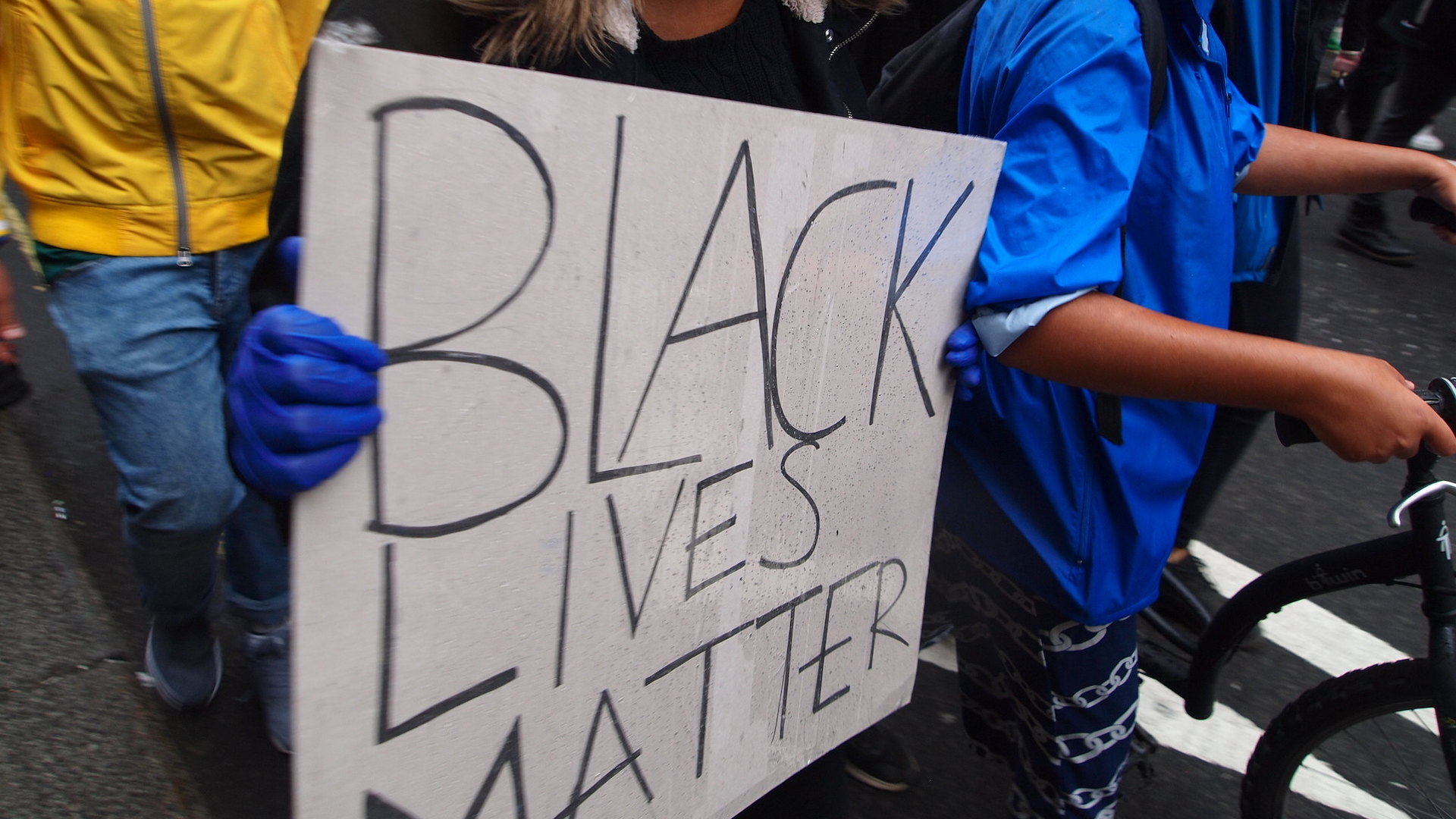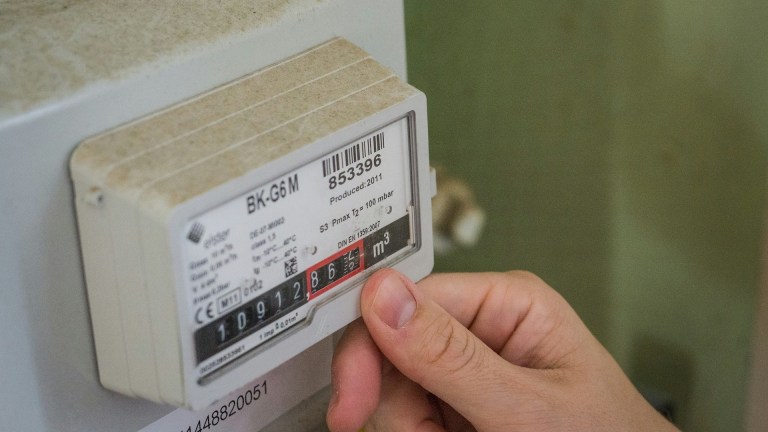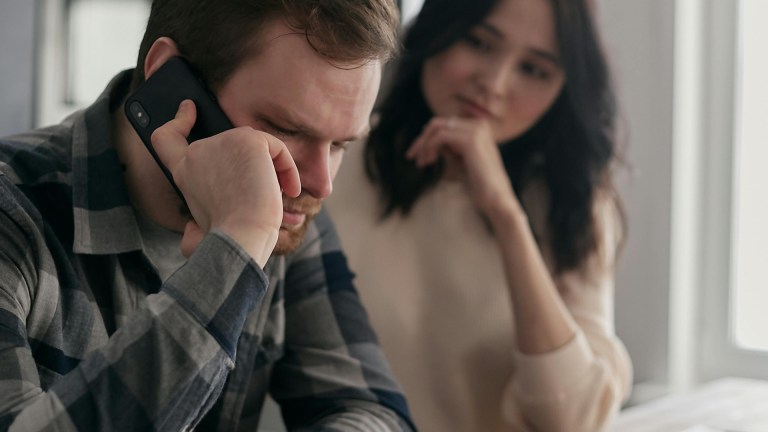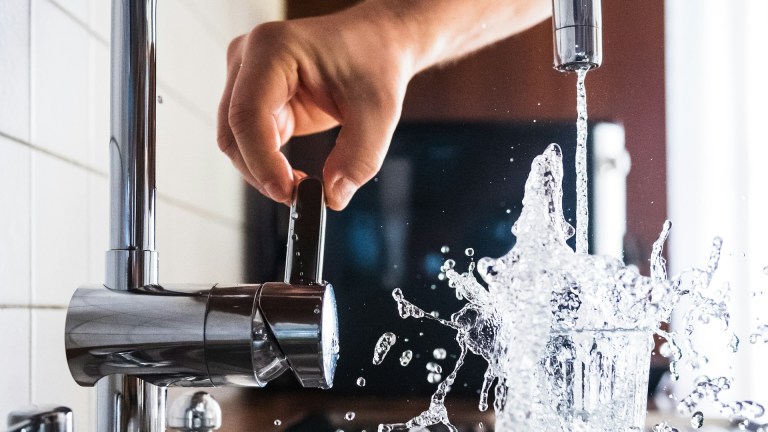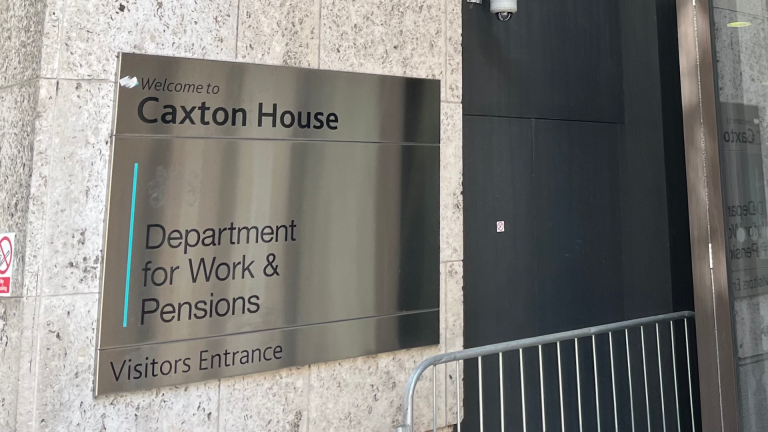“The report tried to tell us there was no evidence of it,” Holbourne added. “It made a mockery of the whole thing.”
Racial inequality played a major role in the Covid-19 death rates, too. Around 60 per cent of the first NHS doctors and nurses to die in the early days of the pandemic were from Black and minority ethnic communities, the Runnymede Trust said, despite making up just 20 per cent of the NHS workforce.
“For Boris Johnson to look the grieving families of those brave dead in the eye and say there is no evidence of institutional racism in the UK is nothing short of a gross offence,” said Dr Halima Begum, chief executive of the think tank in a statement. “Tell those 60 per cent of BME [Black and minority ethnic] NHS doctors and nurses who died from COVID that institutional racism doesn’t exist.
“You can’t, because they are dead.”
Men from Black African backgrounds faced the highest death rate for Covid-19, the Office for National Statistics said in October, nearly three times more likely to die with the virus than white men. Covid-19 was twice as deadly for women from Black Caribbean backgrounds as it was for white women.
Poverty at the feet of racist power structures was largely to blame. Public Health England (PHE) researchers said it themselves, citing racism, discrimination and social inequalities for the disproportionate death rates.
Advertising helps fund Big Issue’s mission to end poverty
Black people were more likely to hold key worker status in frontline, precarious and very often low-paid jobs across retail, public transport and health and social care – increasing their risk of transmission – while the £96-per-week statutory sick pay threatened to push them deeper into hardship if they could not work through illness or self-isolation.
It’s exhausting and draining and traumatising, responding to racism around you all the timeZita Holbourne
PHE heard evidence that many from minority ethnic backgrounds experienced racist bullying and harassment at work, making it difficult for them to speak up about issues putting their safety at risk, including PPE shortages.
“At the start of the pandemic, we recognised straight away that black people were contracting the virus and dying disproportionately,” Holbourne said. “They were more likely to be in precarious work and frontline roles and were therefore at higher risk.
“And we made those links before there was any public research into the issues. Because around us, in our communities, we could see people contracting it and dying. We didn’t have to wait for data to know that that was happening, or to understand the reasons, because we already knew. Poverty, poor health in poverty and low pay.
“And what we saw at the beginning of the pandemic was effectively an othering of Black communities, blaming us for contracting it and dying disproportionately. But it was because of poverty, and a year later nothing about those struggles have changed.”
Racial inequalities were already made clear in homelessness statistics before the pandemic. Nearly 11 per cent of people who applied to councils for homelessness support in the year up to March 2020 were Black, despite making up only three per cent of households, meaning one in 23 Black households were threatened with homelessness just before Covid-19 hit the UK.
Advertising helps fund Big Issue’s mission to end poverty
This meant that when young Black workers were hardest hit by Covid-19 job losses – with the unemployment rate growing from 25 per cent in March 2020 to 34 per cent by the autumn, according to analysis by the Resolution Foundation – the poverty and housing crises within these communities escalated.
The Black Lives Matter movement – in operation well before George Floyd’s murder – “renewed the conversation” around the institutional ways Black people were being pushed into poverty, Holbourne said.
The human rights campaigner also leads the Public and Commercial Services Union as national vice president, is joint national chair of the Artists’ Union England and sits on the Trades Union Congress Race Relations Committee. She has been part of work “negotiating with employers and institutions” around the fair treatment and fair pay of Black staff during the pandemic, she explained, a task supported by the awareness garnered by Black Lives Matter demonstrations.
“It’s exhausting and draining and traumatising, responding to racism around you all the time,” Holbourne said. “Even if you’re not on the direct receiving end of the worst elements of it. It’s still something that impacts on your family, your community, your friends.
“There needs to be a political will to end deprivation in Black communities, but it needs to be more than that,” she added. “We need lawyers, the education sector, the charity sector, everybody involved as well as government, and we need the will of individuals. And we know in times of austerity, fascism and racism deepen. You often can’t separate racism and poverty, you cannot say Black lives matter without fixing poverty and low pay.
Advertising helps fund Big Issue’s mission to end poverty
“We brought things to the forefront of protests, and that is important, but we are still facing another economic crisis,” she said. “It will keep disproportionately impacting on our communities. The systemic and everyday racism we faced a year ago, it’s still here.”
